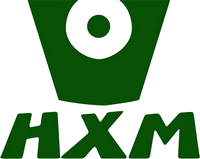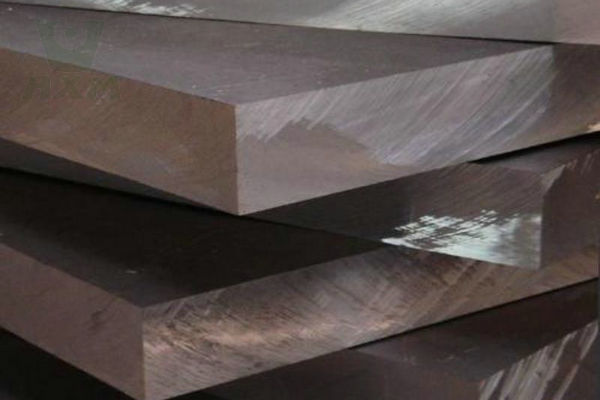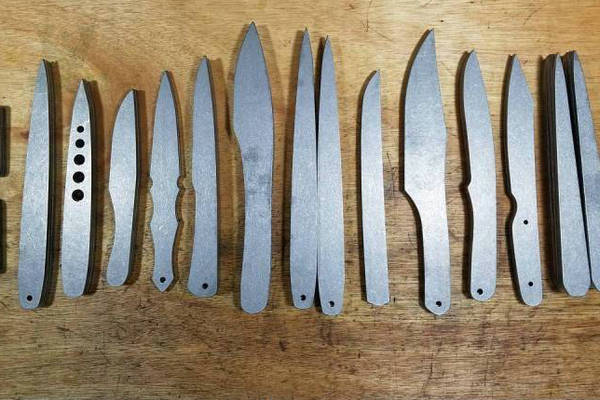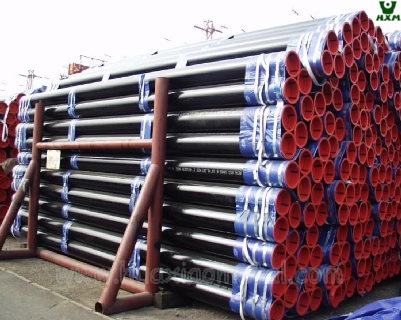Aluminum metal alloys., a versatile metal widely used in various industries, come in different alloys with distinct properties. Two prominent alloys, 6061 and 5052, are often compared for their specific characteristics. Understanding the differences between 6061 Aluminum vs. 5052 Aluminum is crucial for making informed decisions in aerospace and manufacturing applications.
What is 6061 Aluminum Alloy?
6061 aluminum alloy is a widely used aluminum alloy that belongs to the 6000 series. It is known for its excellent strength, good corrosion resistance, and versatile mechanical properties. The main alloying elements in 6061 aluminum are magnesium and silicon. This alloy can be heat-treated to enhance its strength and is often used in various structural applications, such as in the construction of aircraft, marine components, automotive parts, and bicycle frames. Additionally, 6061 aluminum alloy is known for its weldability and formability, making it a popular choice in manufacturing and fabrication processes.
What is 5052 Aluminum Alloy?
5052 aluminum alloy is another commonly used aluminum alloy, belonging to the 5000 series. It is known for its good corrosion resistance, high fatigue strength, and excellent workability. The primary alloying element in 5052 aluminum is magnesium. This alloy is often used in applications that require moderate to high strength, such as in the construction of sheet metal, automotive parts, appliances, and marine components.
5052 aluminum alloy is also notable for its weldability and the ability to be easily formed into various shapes. It has good forming characteristics and is often used for making intricate and detailed parts. Additionally, 5052 aluminum alloy exhibits good saltwater resistance, making it suitable for marine applications.
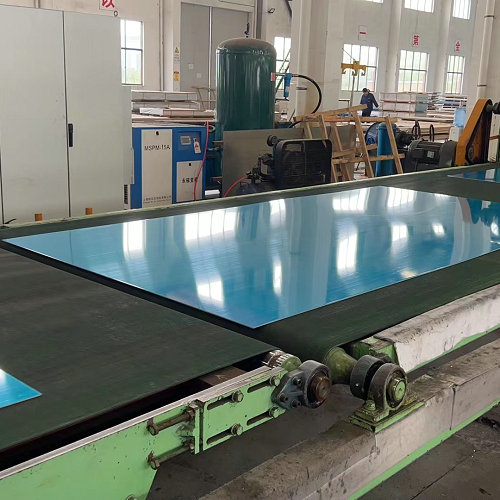
The Difference Between 6061 Aluminum vs. 5052 Aluminum
The main differences between 6061 Aluminum vs. 5052 Aluminum lie in their composition, properties, and typical applications.
Alloy Composition:
| Element ( %) | 6061 Aluminum | 5052 Aluminum |
|---|---|---|
| Al | 95.8 – 98.6 | 95.7 – 97.7 |
| Mg | 1.0 – 1.8 | 2.2 – 2.8 |
| Si | 0.4 – 0.8 | 0.25 – 0.6 |
| Fe | 0.7 | 0.4 |
| Mn | 0.15 | 0.1 |
| Cr | 0.04 – 0.35 | 0.15 – 0.35 |
| Zn | 0.25 | 0.1 |
| Ti | 0.15 | – |
| Others | 0.15 | 0.05 |
Please note that this is a general chemical composition range and may vary depending on the aluminum metal manufacturer and specific alloy specifications. In practical applications, the selection of the appropriate aluminum alloy depends on the required properties and the specific use.
Prices of 6061 Aluminum vs. 5052 Aluminum:
The relative pricing of 5052 and 6061 aluminum can vary based on market demand, production costs, and other economic considerations. Generally, 6061 aluminum, with its higher strength and heat-treatable properties, may be slightly more expensive than 5052 aluminum.
Comparison of Material Properties Between 6061 Aluminum vs. 5052 Aluminum Alloys:
Properties | 6061 Aluminum | 5052 Aluminum |
|---|---|---|
| Tensile Strength (MPa) | 276 – 310 | 210 – 280 |
| Yield Strength (MPa) | 241 – 276 | 83 – 240 |
| Elongation (%) | 8 – 10 | 12 – 16 |
| Hardness (Brinell HB) | 95 | 60 |
| Modulus of Elasticity (GPa) | 68.9 | 68.9 |
| Density (g/cm³) | 2.7 | 2.7 |
| Melting Point (°C) | 582 – 651 | 607 – 649 |
Please note that these values are general ranges and can vary depending on specific alloy temper, processing conditions, and other factors. The choice between 6061 and 5052 aluminum alloys depends on the specific application requirements, considering factors such as strength, formability, weldability, and corrosion resistance.
Strength:
- 6061 Aluminum: Generally has higher tensile strength compared to 5052 aluminum. It is often used in applications where higher strength is required.
- 5052 Aluminum: While not as strong as 6061, it still offers good strength, particularly in fatigue resistance.
Corrosion Resistance:
- 6061 Aluminum: Provides good corrosion resistance, especially in environments where it is exposed to moisture and atmospheric conditions.
- 5052 Aluminum: Has excellent corrosion resistance, particularly in marine environments, making it a popular choice for boat construction and other maritime applications.
Weldability:
- 6061 Aluminum: Exhibits good weldability, but it may be more challenging compared to 5052 due to its higher strength.
- 5052 Aluminum: Offers excellent weldability and is often preferred in applications where welding is a crucial part of the fabrication process.
Formability:
- 6061 Aluminum: Good formability and can be easily shaped and machined. Suitable for complex and detailed parts.
- 5052 Aluminum: Excellent formability, making it a preferred choice for applications requiring intricate shapes and details.
Typical Applications:
- 6061 Aluminum: Commonly used in structural components, aircraft parts, automotive parts, bicycle frames, and general fabrication where higher strength is required.
- 5052 Aluminum: Widely used in sheet metal applications, marine components, appliances, and other instances where corrosion resistance and formability are crucial.
Ultimately, the choice between 6061 and 5052 aluminum depends on the application’s specific requirements, considering factors such as strength, corrosion resistance, formability, and weldability.
In Conclusion:
In the choice between 6061 Aluminum vs. 5052 Aluminum, the decision ultimately depends on the specific requirements of the application. In general, choosing 6061 or 5052 depends on the specific application requirements. If higher strength and corrosion resistance are required, 5052 may be a better choice, while if higher strength and mechanical properties are required, 6061 may be more suitable.
